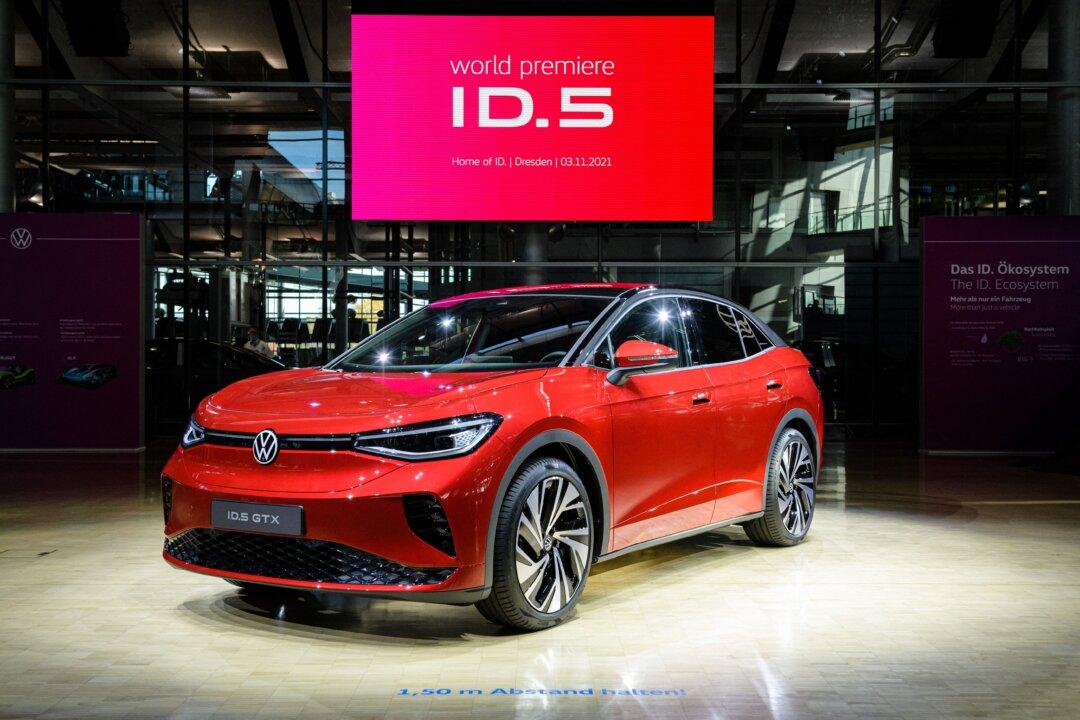Volkswagen (VW) said on Feb. 16 that it expects auto production to slow down due to a continued shortage of semiconductor chips in 2022, but that it should be able to ramp up production in the second half of the year.
Automakers around the world have been hit by a shortage of semiconductors caused by CCP virus-induced supply-chain disruptions, as well as a skyrocketing demand for chips at electronic manufacturers.





